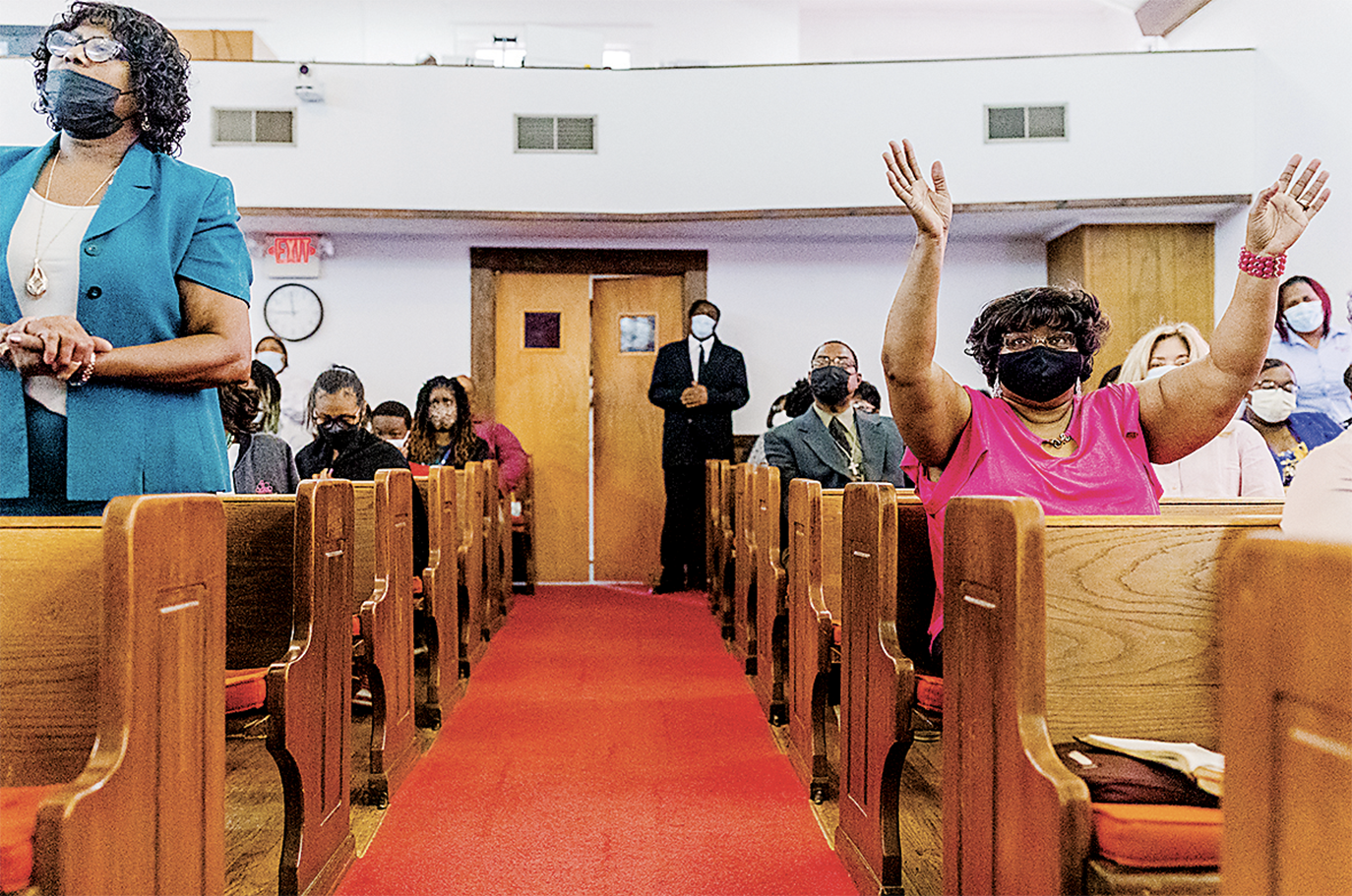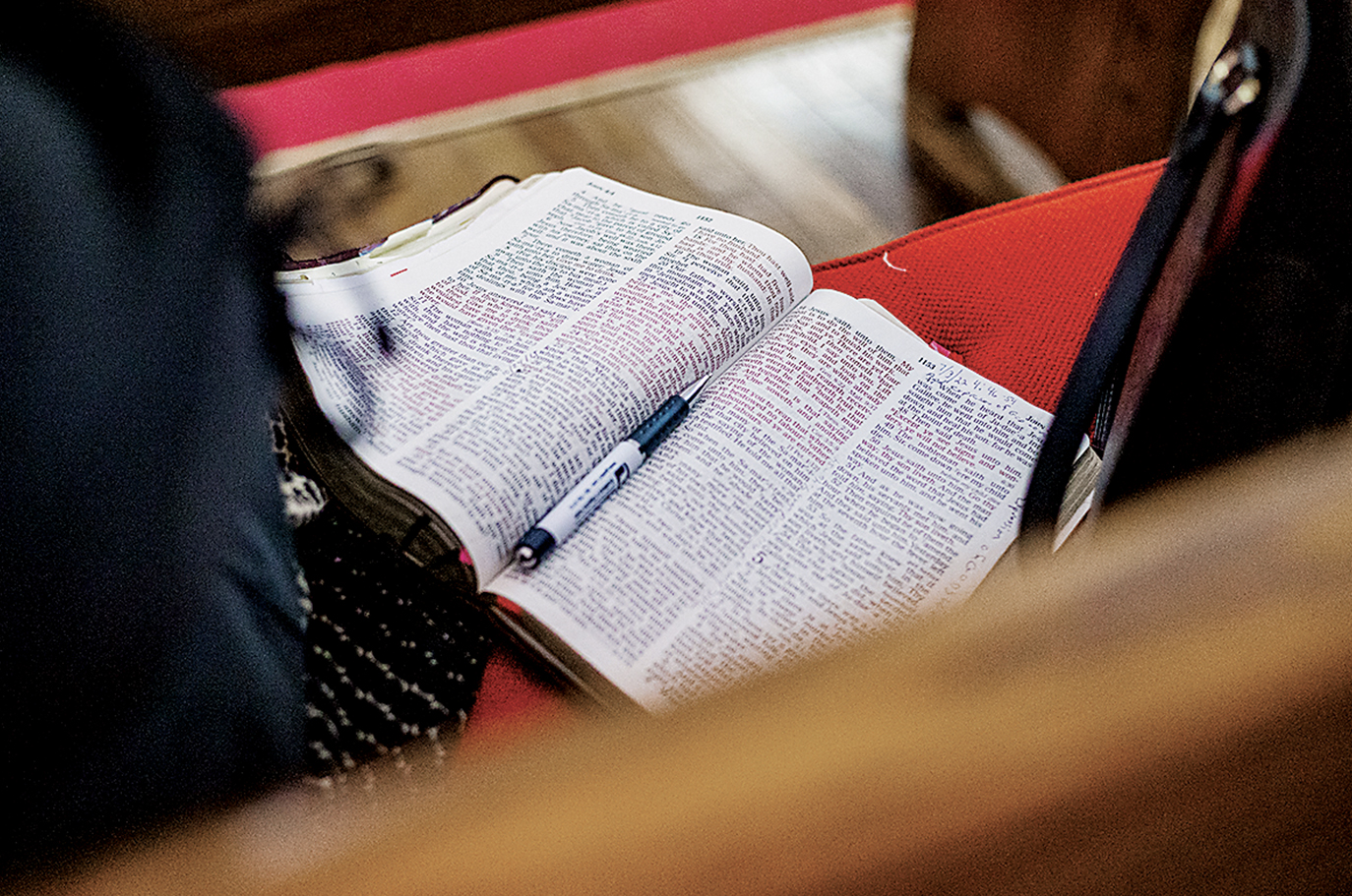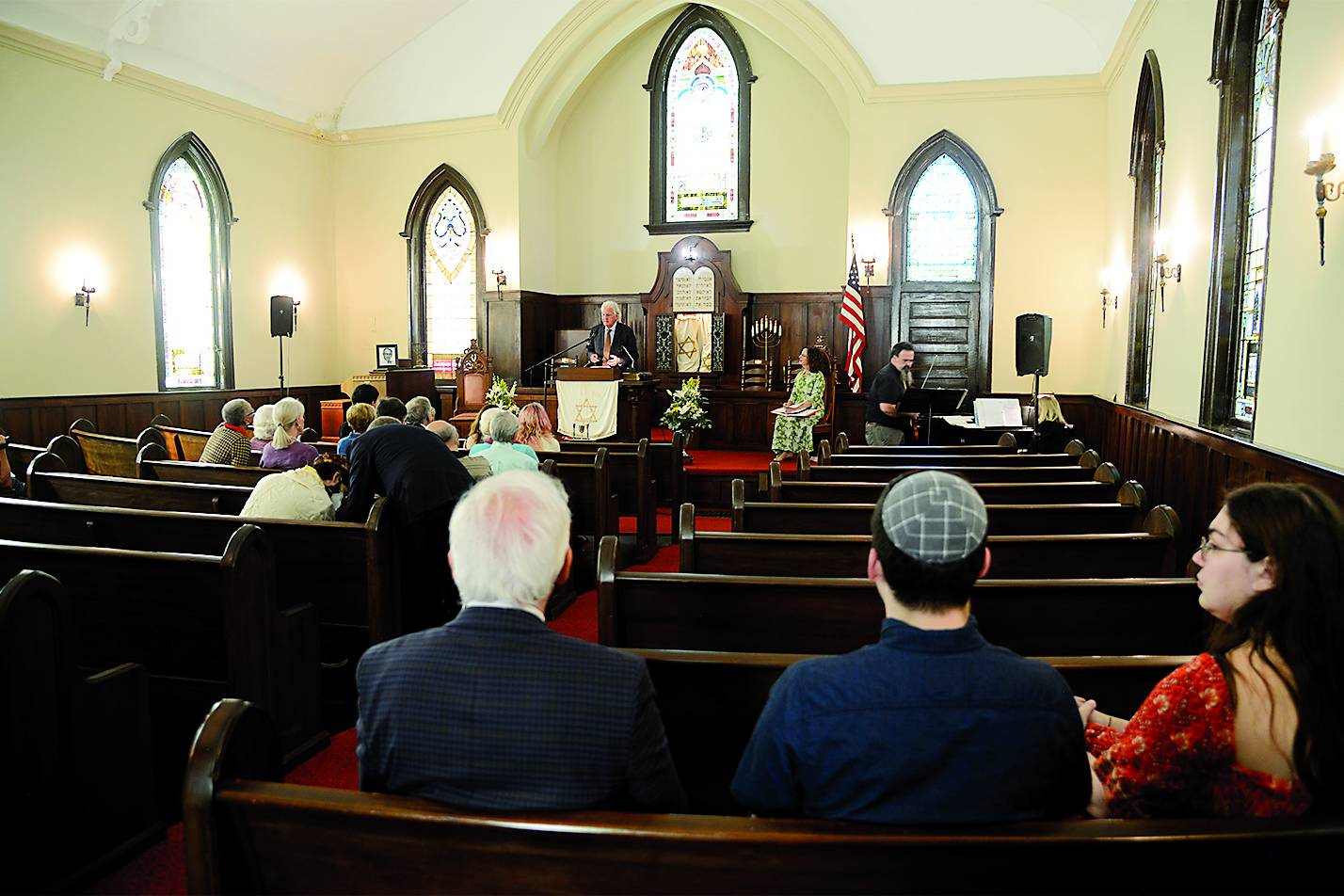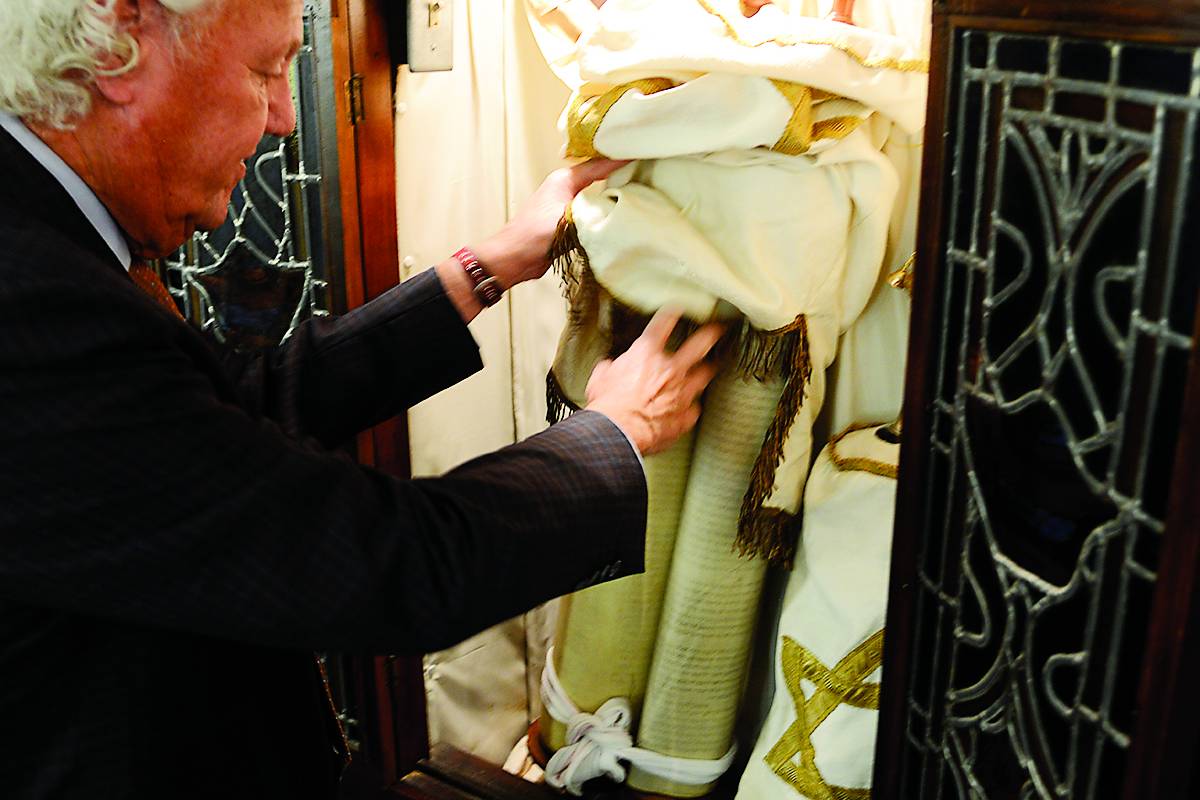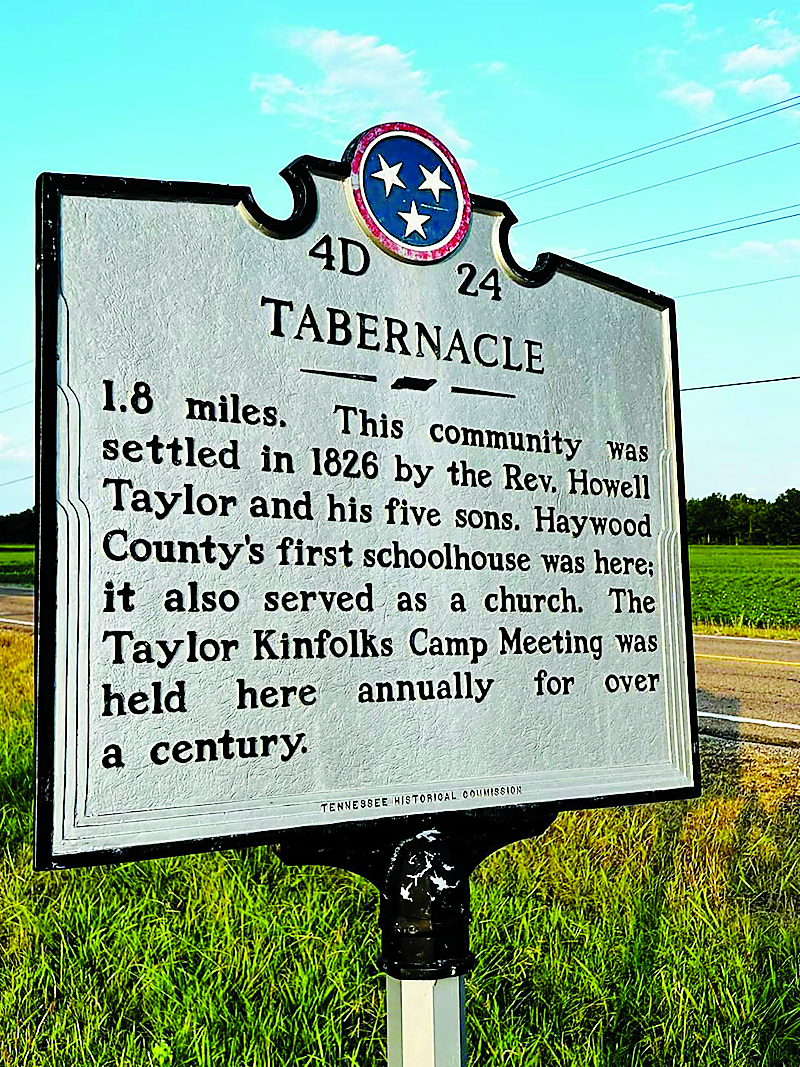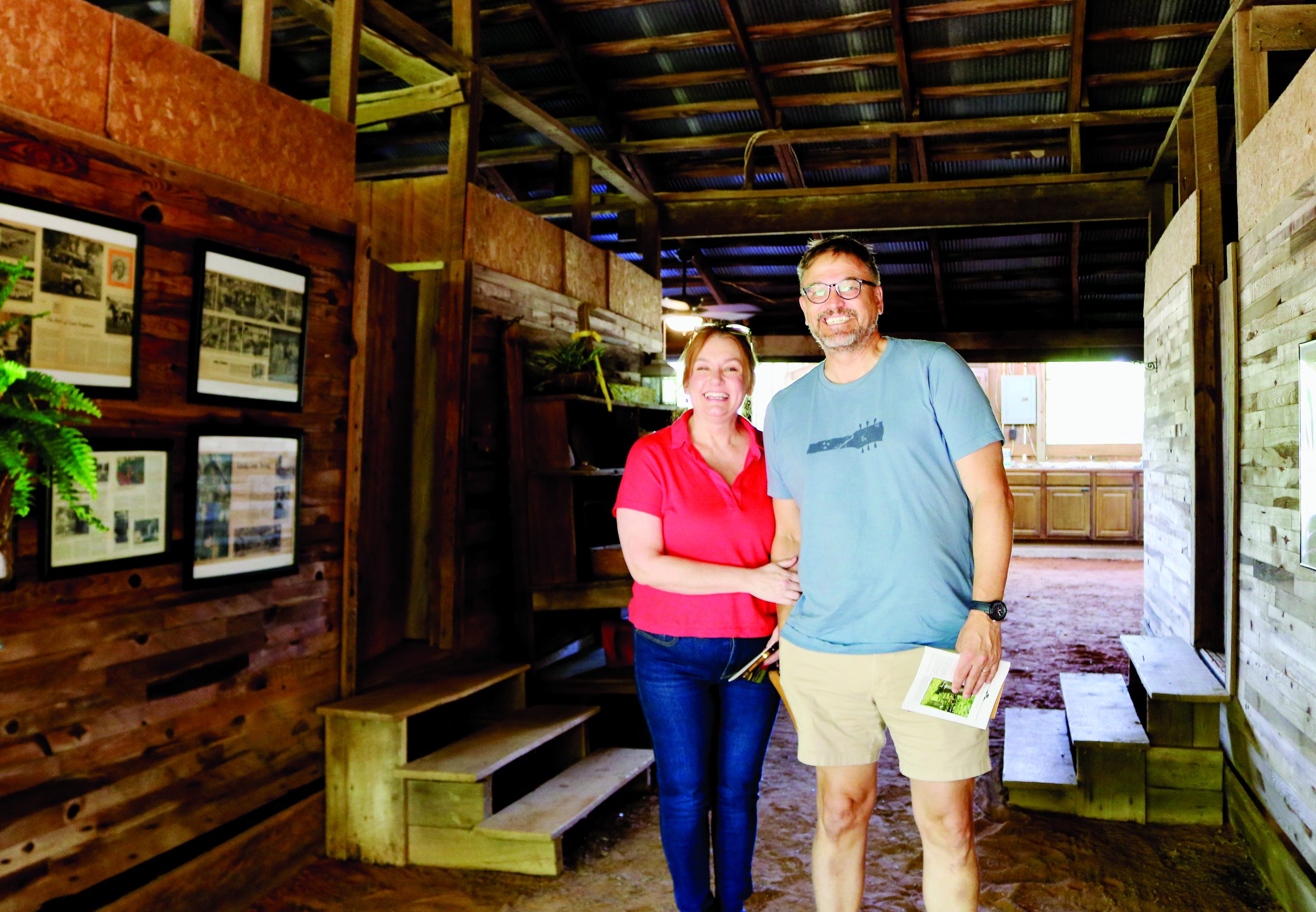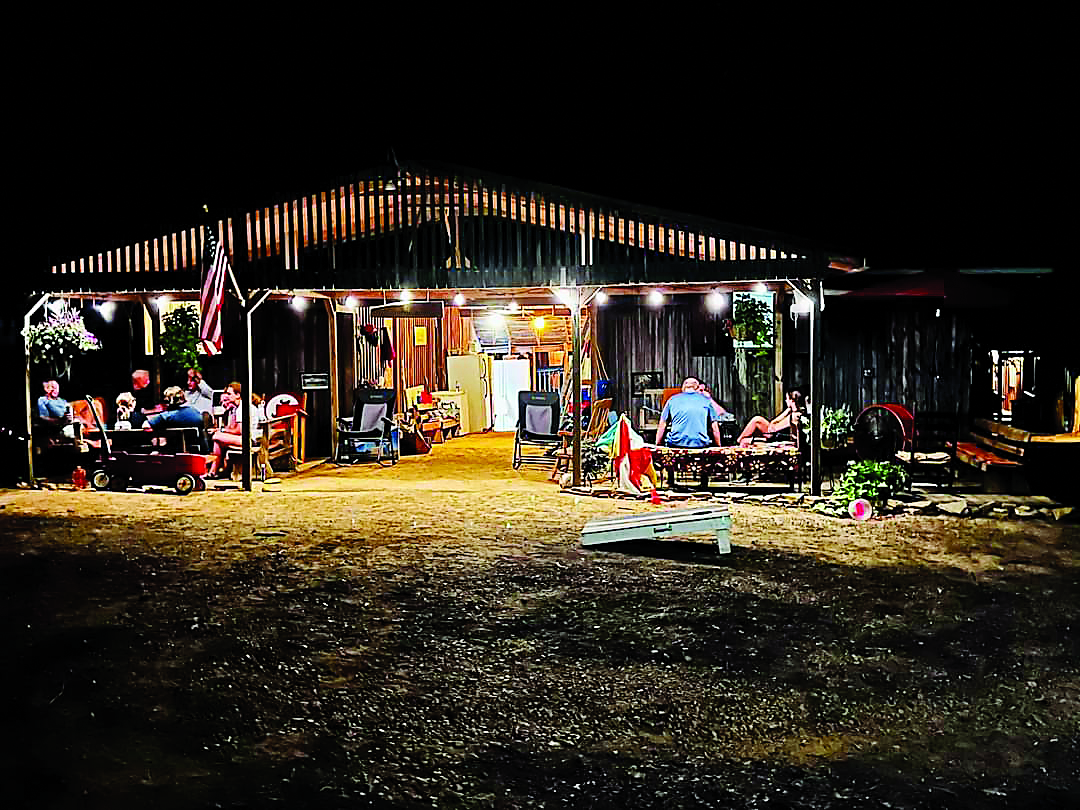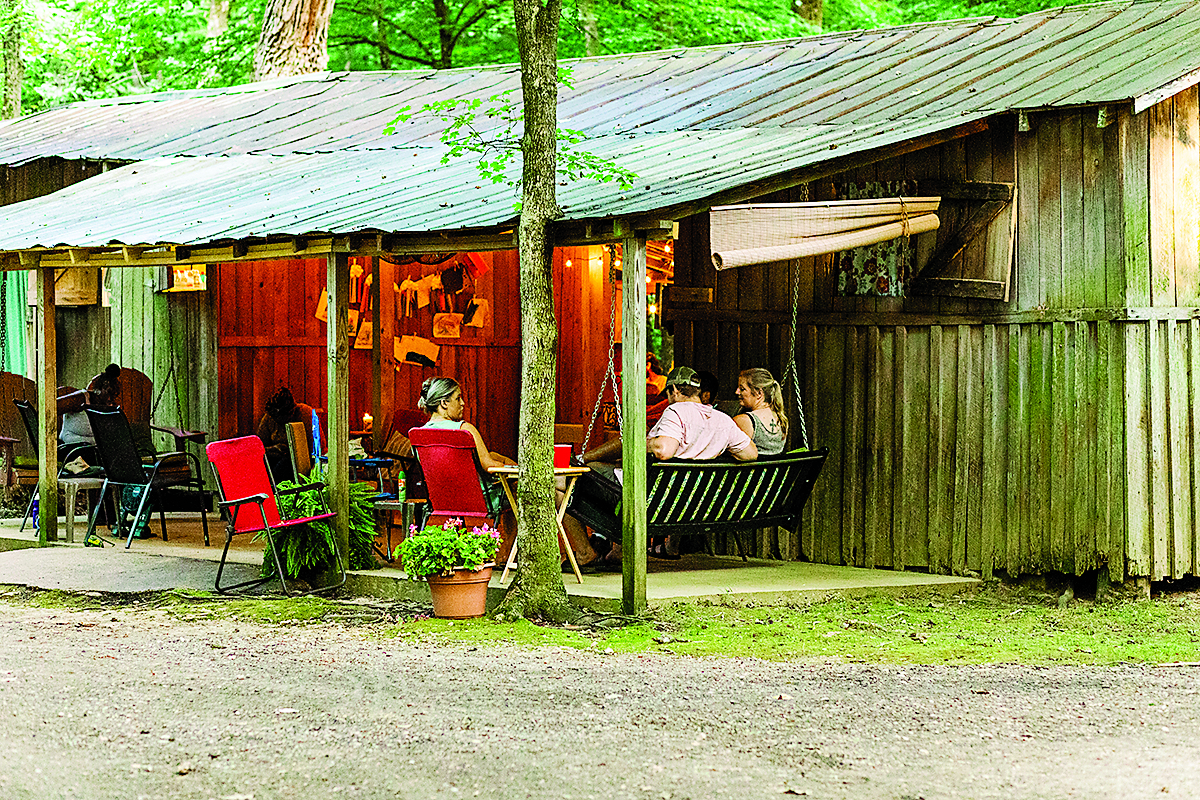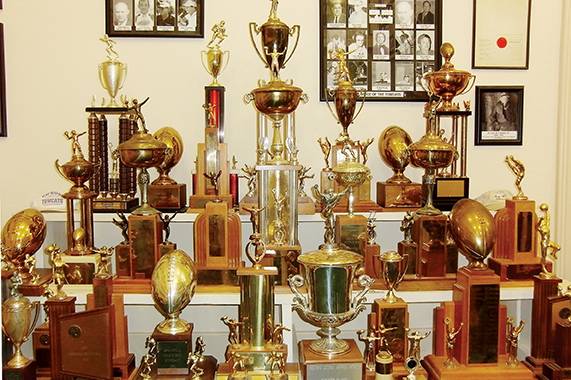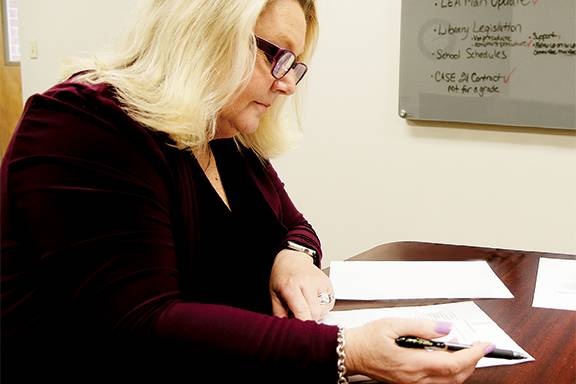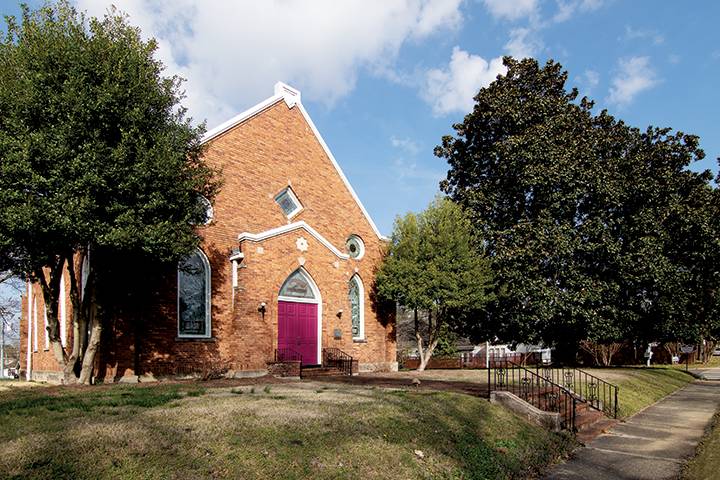Deep and wide: A glimpse of faith communities in Haywood County
Faith runs deep and wide in Brownsville, Stanton and Haywood County. From the earliest days of non-native settlement in the 1820s up to the present day, communities of faith have been central to the lives of the people of Haywood County and their houses of worship the centers of life in their communities.
There is significant diversity of religious communities within and just beyond the county’s borders. A recent survey listed 66 Christian churches in Haywood County, including Catholic, Pentecostal, Methodist, non-denominational, Charismatic, Baptist, Presbyterian, Episcopal, Church of Christ, Church of God in Christ, National Baptist, and Southern Baptist congregations. The oldest synagogue in the state of Tennessee is in the heart of downtown Brownsville, The Islamic Center of Jackson is 21 miles from Brownsville’s Court Square, and there are two Hindu temples within 45 miles, located in Shelby County.
Though it is not possible to fully capture the religious spirit of the area, a brief look at four religious communities can provide a glimpse into the significance of faith in the area.
Woodlawn Missionary Baptist Church
In 1846, enslaved 16-year-old Hardin Smith gained permission from Ruth Loving to preach to a small gathering of enslaved men and women during services at the white Woodlawn Baptist Church in the Nutbush community. Loving—wife of General William H. Loving, who was a lawyer, minister, and master of the plantation where Smith was in bondage—had secretly taught Smith to read the Bible and to write, both illegal actions according state law.
After emancipation, Smith was one of the first African American ministers chosen by missionaries of the Baptist Home Mission Board for classes at Roger Williams College in Nashville. Upon his return to Haywood County in 1866, he, along with members of the Freedmen’s Bureau and several white residents, founded Woodlawn Colored Baptist Church, later renamed Woodlawn Missionary Baptist Church.
Long known for its strong leaders and emphasis on education, Woodlawn M.B. Church is also recognized for its rich musical heritage. Reverend Clay Evans, credited by many for introducing black Gospel music to mainstream America, grew up attending Woodlawn M.B. Church. Born in Brownsville in 1925 and graduating from Carver High School, he went on to become a chart-topping Gospel recording artist and pastor, founding the vastly influential Fellowship Missionary Baptist Church in Chicago in 1950. A friend and ally of Rev. Dr. Martin Luther King Jr., Evans preached, taught and sang principles of Christianity that included freedom and equality.
Like Evans, Annie Mae Bullock, known to the world as Tina Turner, was born in Brownsville, graduated from Carver High School, worshipped and sang at Woodlawn M.B. Church, and went on to become an international superstar, making music heard around the world. Other renowned artists with roots at Woodlawn are opera singer Burnette Flagg Lawson, Sleepy John Estes, Meshach Taylor, and the Bootsie Whitelaw String Band.
Recognized by the U.S. Department of the Interior for its “significance in African-American ethnic heritage, specifically in the areas of religion, music, social history and the Civil Rights Movement,” the church was placed on the National Register of Historic Places in 1996.
Temple Adas Israel
Located at the corner of Washington and College Streets, a block off Brownsville’s Court Square, stands Temple Adas Israel, a testament to the long history and ongoing engagement of the Jewish community in Haywood County, as well as rural and small-town West Tennessee. In the early 1860s, Jewish families began worshipping in members’ homes in Brownsville, using the centuries-old Torah brought from Germany by Solomon and Joe Sternberg decades earlier. Adas Israel congregation was organized in 1867, adopted the reform mode of worship in 1879, and, in 1882, dedicated its home, a wooden, now brick, Gothic-Revival style synagogue. The oldest synagogue in the state of Tennessee, it is listed on the National Register of Historic Places.
The Temple, as it is commonly called by locals, has been home to not only the Jewish community, but to at least two Christian congregations and community organizations as well. According to current Adas Israel lay reader Fred Silverstein, the congregation of First Methodist Church held services at the Temple after its sanctuary was destroyed by fire in 1898. As members of both congregations watched the towering wooden structure burn, the Methodist minister lamented aloud, wondering how he would host the annual conference scheduled to be held there the next year, to which the leader of the Jewish congregation replied, “Why don’t you meet at the Temple?” And so, for a year, Methodist congregants met and worshipped in the sanctuary of the Temple until the new brick church was dedicated in 1899. Interestingly, about 100 years later, in the 1990s, a local group of members of the Church of Christ met and worshipped in the Temple for several years during a time of reorganization and construction.
Photos of 150th anniversary and interior and exterior of Temple Adas Israel Descendants of founding families, members of the congregation, and community friends gathered in September 2017 to celebrate the 150th anniversary of the founding of the congregation.
Camp Meetings
Camp meetings were religious gatherings popular on the American frontier in the early 19th century. Held in a large tent or outdoors, with a tabernacle or preaching platform at its center, camp meetings drew hundreds, sometimes thousands, of participants, many traveling great distances and camping in tents or outside for the duration of the meeting. They were times of religious revival and spiritual renewal.
Once prevalent across the rural South, camp meetings are generally few and far between in the 21st Century. The BlueOval City area, however, is uniquely situated, straddling Fayette and Haywood counties where two old-fashioned camp meetings are held annually. Joyner’s Camp Meeting is held in the Yum Yum community of Fayette County, 5 minutes from Dancyville and 11 road miles from BOC. Taylors of Tabernacle Kinfolks Campground is located 6 miles from Brownsville and a 30-minute drive to BOC. Founded by members of the same family—Tabernacle by Rev. Howell Taylor in 1826 and Joyner’s by Rev. Robert Venable Taylor in 1893—both gatherings are held each July and continue to closely resemble the historic character of the earliest camp meetings.
Drawn by the opportunity to connect to the place, the people, and the purpose of the camp meetings, people return year after year to Joyner’s and Tabernacle, seeking revival, reunion and retreat. Like Woodlawn Missionary Baptist Church and Temple Adas Israel, these camp meetings are unique expressions of the faith and religious commitment that run deep and wide in the lives and communities of Brownsville, Haywood County and the BlueOval City area.


